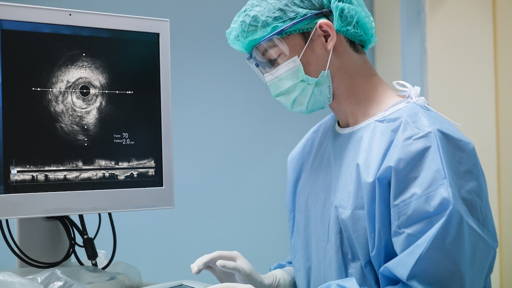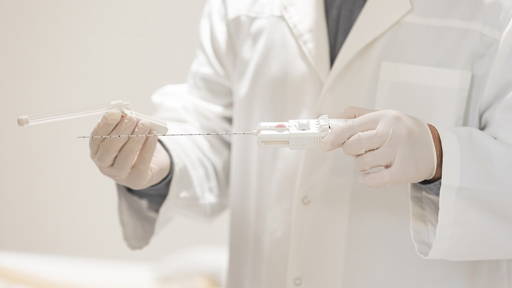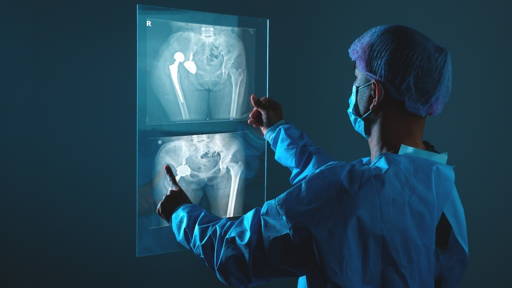The British National Health Service (NHS) is launching a large-scale trial of an AI system that could drastically reduce the time it takes to diagnose prostate cancer, from several weeks to just one day. The technology analyses MRI scans using artificial intelligence and could radically change the care of men with the most common type of cancer in England.
In the coming months, up to 15 NHS hospitals, including Leeds Teaching Hospitals, will test the system on approximately 10,000 MRI scans. If the results are positive, a national rollout will follow. The trial addresses a twofold challenge: the emotional impact of long waiting times and the risk of late diagnoses that reduce the chances of successful treatment.
From weeks to minutes
Currently, the process from initial suspicion to confirmed prostate cancer diagnosis often takes weeks. A shortage of radiologists causes delays between the MRI scan, the assessment and any follow-up biopsy. The new AI system drastically shortens this process.
After the scan, the software analyses the images within minutes. The algorithms, based on large datasets from previous studies, recognise abnormal structures and calculate a risk score. Scans that are classified as high-risk are immediately prioritised for assessment by a radiologist, after which the patient can be scheduled for a biopsy on the same day. For low-risk scans, the patient can quickly receive reassurance without having to wait weeks in uncertainty.
Faster and smarter diagnosis
According to clinical experts, AI delivers comparable or even better accuracy than traditional methods. In addition, the technology can help relieve the pressure on healthcare staff: by taking over the initial interpretation of MRI images, radiologists have more time for complex or urgent cases.
However, the system is not intended to replace doctors, but to support them. The AI acts as an “extra pair of eyes”, ensuring that no detail is overlooked. Ultimately, human expertise remains essential for interpreting results within the context of the patient, their medical history and symptoms.
Future of prostate cancer care
Prostate cancer is now the most common type of cancer in men in many countries. This is also the case in England, where one in eight men are affected. Faster diagnosis can save lives, but also help to prevent overtreatment.
The coming months will show whether this AI pilot not only reduces waiting times but also leads to better healthcare outcomes. Other healthcare systems are closely monitoring the results, possibly heralding a new standard in cancer diagnostics.
AI improves prostate cancer diagnostics
In another study earlier this year, researchers at Uppsala University developed an AI algorithm that can detect early signs of prostate cancer in more than 80 per cent of cases where pathologists previously missed them. Together with Umeå University, they analysed biopsies from 232 men who had previously been declared cancer-free.
Within 2.5 years, half of them developed aggressive prostate cancer. The AI retrospectively recognised subtle tissue changes indicative of early malignancy, even before they were visible to the naked eye.
The researchers trained the AI on images of men who later developed cancer, teaching the system to distinguish patterns that indicate an increased risk. According to the researchers, this method can reinforce existing screening and follow-up strategies and lead to earlier, more personalised diagnostics.







